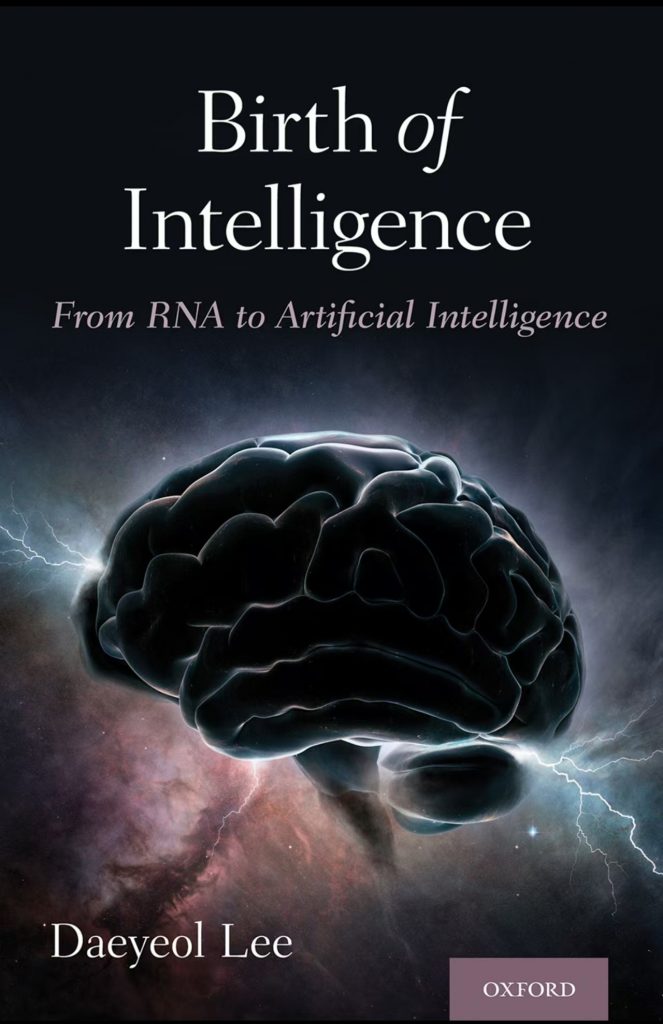
李大烈(Daeyeol Lee)提出,真正的智能需要有生命。生命体的智能由生存、繁殖以及适应环境等内在动机驱动,而人工智能(AI)则缺乏这些内在目标或欲望,仅在在人类定义的目标和程序约束下运行;生命体的智能是的体化(embodied)的——它源自生命体与其环境的互动,包括感官体验、情感反应以及生理需要。而AI则缺乏这种生物意义上的体化;意识与主观体验(qualia)是衡量真正智能的标志,而尽管AI可以处理并模仿意识的某些方面,但它不具备主观体验,也无法反思自身的存在。
Daeyeol Lee proposes that true intelligence requires life. In biological entities, intelligence is often driven by intrinsic motivations such as survival, reproduction, and adaptation to the environment. AI lacks intrinsic goals or desires and operates only within the constraints of human-defined objectives and programming. Biological intelligence is embodied—it arises from the interaction of a living being with its environment. This includes sensory experiences, emotional responses, and physical needs. AI lacks embodiment in the biological sense. Consciousness and subjective experiences (qualia) are hallmarks of true intelligence. While AI can process and mimic aspects of consciousness, it does not possess subjective experience or the ability to reflect on its existence.
电子版代找请联系:yefei147852
电子版代找请联系:yefei147852

未经允许不得转载:我的生活分享 » 《Birth of Intelligence From RNA to Artifcial Intelligence》PDF+mobi+epub高清完整电子版

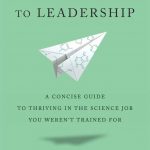 《Labwork to Leadership: A Concise Guide to Thriving in the Science Job You Weren’t Trained For》PDF+mobi+epub高清完整电子版
《Labwork to Leadership: A Concise Guide to Thriving in the Science Job You Weren’t Trained For》PDF+mobi+epub高清完整电子版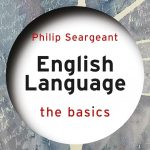 《English Language: The Basics》PDF+mobi+epub高清完整电子版
《English Language: The Basics》PDF+mobi+epub高清完整电子版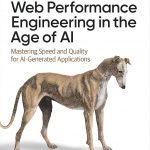 《Web Performance Engineering in the Age of AI: Mastering Speed and Quality for AI-Generated Applications》PDF+mobi+epub高清完整电子版
《Web Performance Engineering in the Age of AI: Mastering Speed and Quality for AI-Generated Applications》PDF+mobi+epub高清完整电子版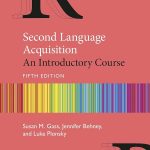 《Second Language Acquisition: An Introductory Course 5th Edition》PDF+mobi+epub高清完整电子版
《Second Language Acquisition: An Introductory Course 5th Edition》PDF+mobi+epub高清完整电子版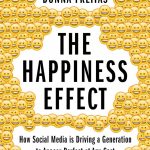 《The Happiness Effect: How Social Media is Driving a Generation to Appear Perfect at Any Cost》PDF+mobi+epub高清完整电子版
《The Happiness Effect: How Social Media is Driving a Generation to Appear Perfect at Any Cost》PDF+mobi+epub高清完整电子版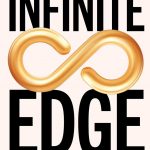 《Infinite Edge: Master the Six Inner Forces to Find Your Edge》PDF+mobi+epub高清完整电子版
《Infinite Edge: Master the Six Inner Forces to Find Your Edge》PDF+mobi+epub高清完整电子版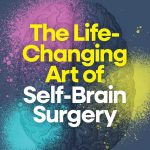 《The Life-Changing Art of Self-Brain Surgery: Connecting Neuroscience and Faith to Radically Transf》PDF+mobi+epub高清完整电子版
《The Life-Changing Art of Self-Brain Surgery: Connecting Neuroscience and Faith to Radically Transf》PDF+mobi+epub高清完整电子版 《The Eight Crafts of Writing: The Map of Storytelling》PDF+mobi+epub高清完整电子版
《The Eight Crafts of Writing: The Map of Storytelling》PDF+mobi+epub高清完整电子版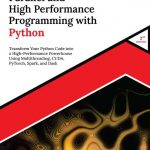 《Parallel and High Performance Programming with Python, 2nd Edition》PDF+mobi+epub高清完整电子版
《Parallel and High Performance Programming with Python, 2nd Edition》PDF+mobi+epub高清完整电子版 《The Trading Game: A Confession》PDF+mobi+epub高清完整电子版
《The Trading Game: A Confession》PDF+mobi+epub高清完整电子版